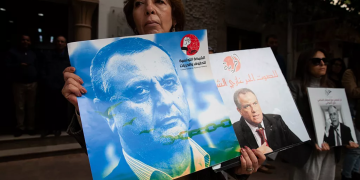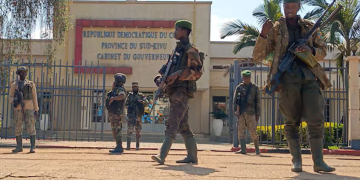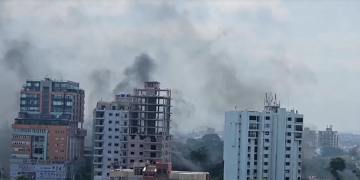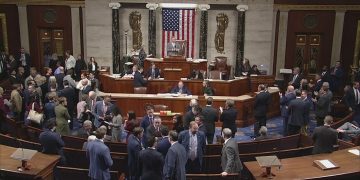The United States has officially imposed sanctions on Abdel Fattah al-Burhan, the leader of Sudan’s Armed Forces and its de facto leader, as part of its response to the ongoing civil war that has devastated the nation.
This announcement comes just a week after similar measures were taken against his rival, Mohamed Hamdan Dagalo, head of the Rapid Support Forces (RSF).
Background of the Conflict
The civil war in Sudan has persisted for nearly two years, resulting in tens of thousands of deaths and displacing over 12 million people from their homes.
The conflict has pushed the country to the brink of famine, with humanitarian organizations warning of an impending crisis.
The U.S. government accuses Burhan of opting for war over negotiations, leading to indiscriminate attacks on civilian infrastructure, including schools and hospitals.
Details of the Sanctions
The sanctions against Burhan freeze any assets he may hold in the U.S. and prohibit American transactions with him.
The U.S. Treasury Department has stated that under Burhan’s command, the Sudanese army has engaged in extrajudicial killings and systematically obstructed humanitarian aid, employing food deprivation as a tactic of war.
In a statement, Secretary of State Antony Blinken emphasized that both Burhan and Dagalo have committed human rights violations that undermine peace efforts in Sudan. “These sanctions underscore our view that neither man is fit to govern a future, peaceful Sudan,” he remarked.
International Response and Humanitarian Crisis
The Sudanese government has condemned the sanctions, labeling them as “immoral” and asserting that they lack transparency and justice.
The Foreign Ministry claims that Burhan is defending the Sudanese people against what they describe as a genocidal plot.
Experts warn that if the conflict continues unchecked, Sudan could face one of the worst famines in decades.
Approximately 24.6 million people, nearly half of Sudan’s population, are experiencing high levels of acute food insecurity, according to United Nations estimates.
A Call for Accountability
As the situation in Sudan remains dire, the imposition of U.S. sanctions on Abdel Fattah al-Burhan reflects a broader commitment to hold leaders accountable for human rights abuses.
The international community continues to monitor developments closely, urging all parties involved to engage in meaningful dialogue to end the violence and restore stability.
With both sides accused of serious violations, it is crucial for global stakeholders to advocate for peace and humanitarian access in a country desperately in need of assistance.
The path forward will require concerted efforts from both domestic and international actors to ensure accountability and foster a sustainable resolution to this ongoing crisis.













